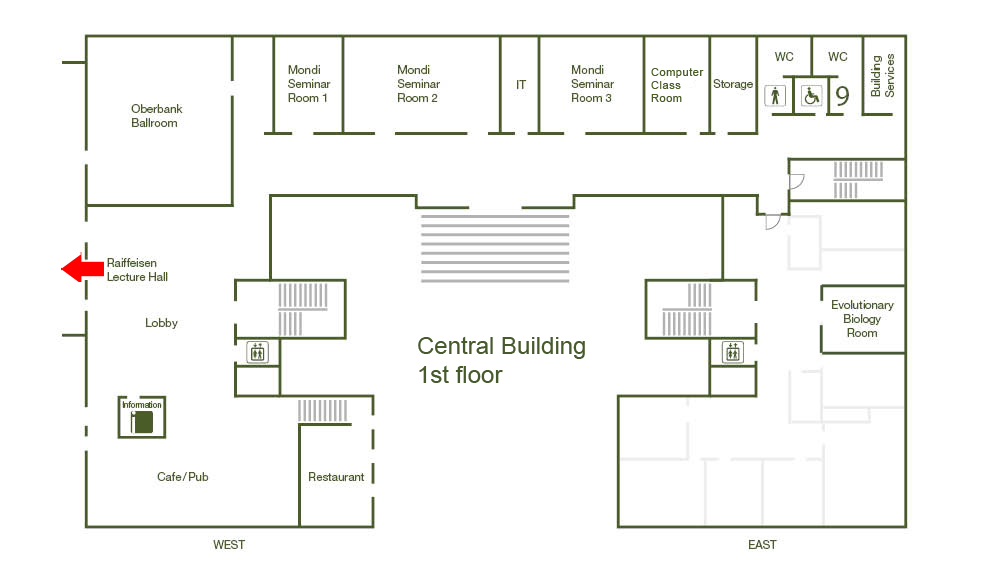How did that happen?

As mechanistic facts about the many diverse molecular interactions in cells become more numerous and detailed, computational models suitable for exploring the dynamical consequences of this information are more needed than ever. Rule-based approaches allow for models that constitute a transparent, editable, formal, and executable representation of the facts they rests upon. The downside is that we replace a world we don’t understand with a model we don’t understand—at least temporarily. The challenge, then, is to develop mathematical techniques and a sound software infrastructure for analyzing, visualizing, manipulating, simplifying—in short, reasoning with—models that are like empirical objects.
Rules are a key organizing principle in chemistry. The point of a rule is to distinguish between the transformation of molecular parts and the reaction instance resulting from that transformation in the context of specific molecular entities. Since a particular interaction between proteins often appears to depend on some but not all aspects of their state, rule-based languages adapt the chemical perspective to molecular systems biology by viewing proteins as higher-order atoms and non-covalent associations between proteins as higher-order molecules. Rules provide compactness, transparency, and a handle on combinatorial complexity; but perhaps most significantly, rule systems constitute a more appropriate level for causal analysis than reaction networks, because reasoning at the level of rules avoids contamination with context that defines a reaction, yet is irrelevant to the application of the underlying rule. In this presentation I will frame our current state of mechanistic causal analysis in rule-based systems. In particular, I will sketch two formal concepts, which we call "causal compression" and "counterfactual resimulation", that use the detailed event trace of a model towards reconstructing an "explanation" of how an event of interest occurred.
This is joint work with Jonathan Laurent (CMU), Pierre Boutillier (HMS), Jean Krivine (Paris 7), Jerome Feret (ENS Paris), Ioana Cristescu (Rennes), and Jean Yang (CMU).